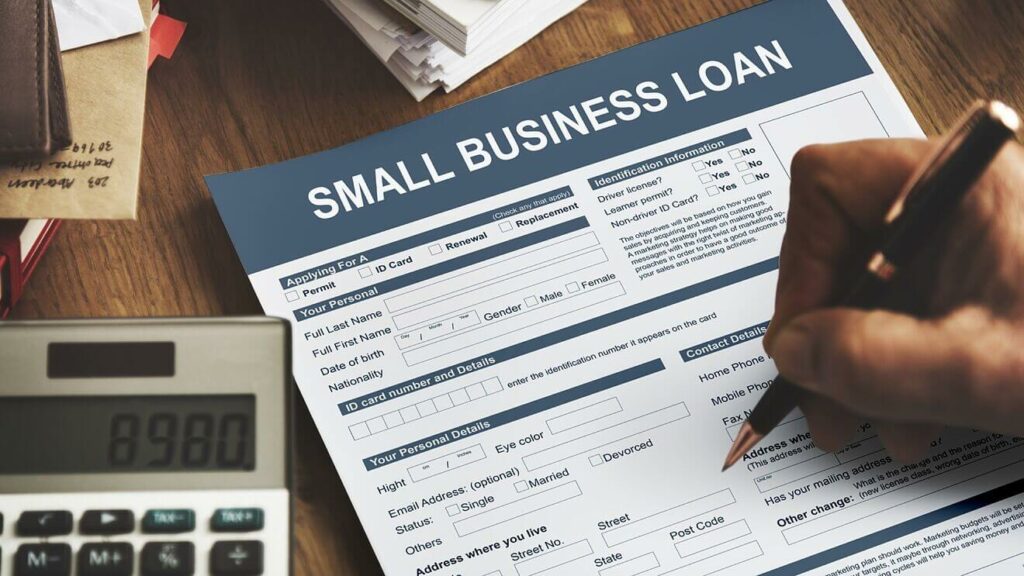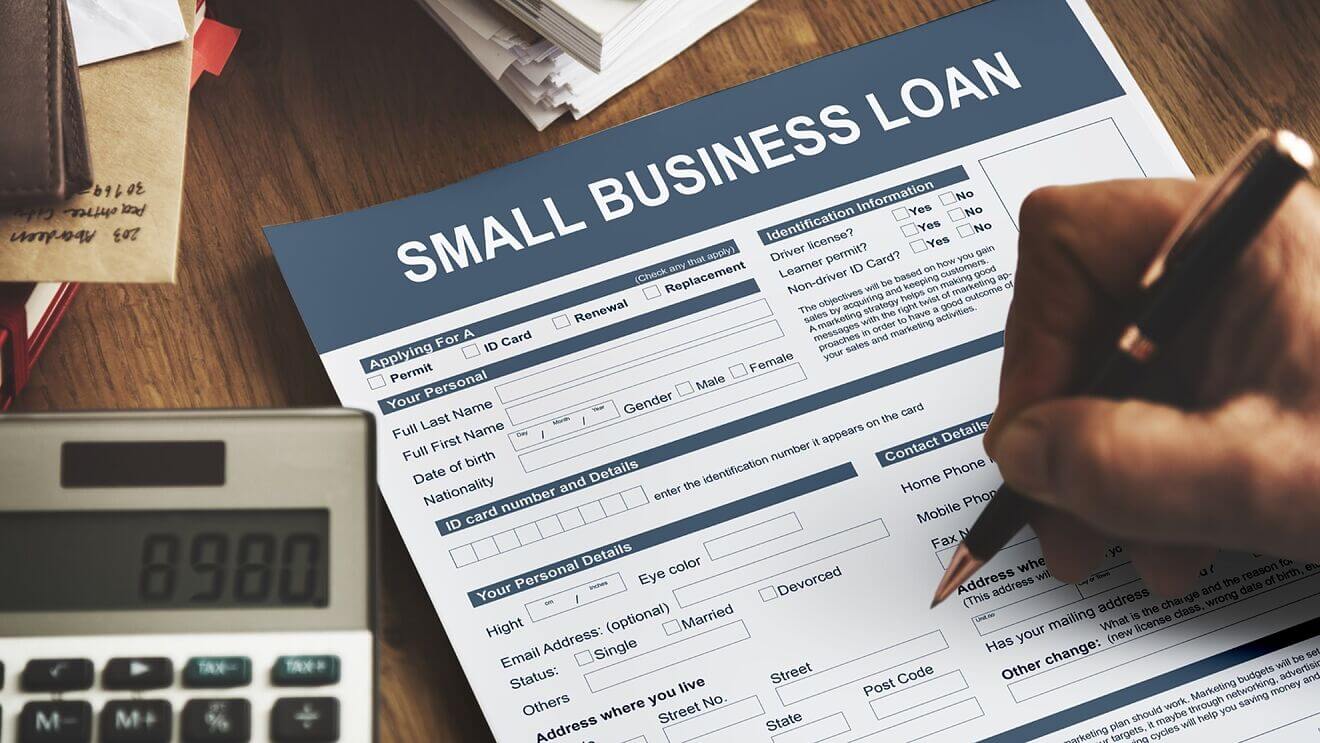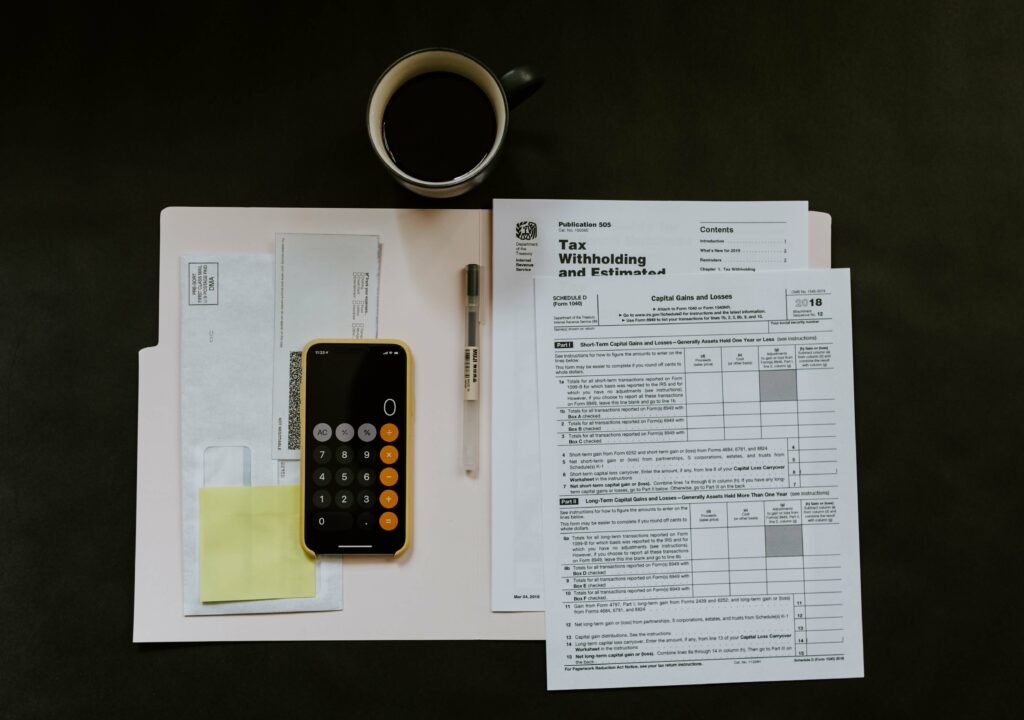How to Build Your Business Credit to Qualify for a Small Business Loan


If you are a small business owner or aspiring entrepreneur, having access to funding is essential for your growth and success. One of the most effective ways to secure financing is by applying for a small business loan. However, in order to qualify, you need to have solid business credit. This comprehensive guide will walk you through the steps to build your business credit. This will make it easier for you to qualify for a small business loan and pave the way for the success of your venture.
Understanding Business Credit and Its Importance
Business credit refers to a company’s ability to obtain financing based on its creditworthiness. A strong business credit profile indicates to lenders that your business is reliable and capable of repaying debts. This not only helps you secure loans but also allows you to negotiate better terms and interest rates. Moreover, a solid credit score can open doors to new opportunities, such as attracting investors and securing contracts with larger clients.
Establishing Your Business as a Separate Entity
The first step in building your business credit is to create a legal separation between your personal and business finances. This can be done by registering your business as a legal entity, such as a Limited Liability Company (LLC) or a Corporation. Doing so will help protect your personal assets from business liabilities, and it lays the foundation for establishing a separate credit profile for your business.
Obtaining an EIN and D-U-N-S Number
An Employer Identification Number (EIN) is a unique identifier issued by the Internal Revenue Service (IRS) for your business. It is required for tax reporting purposes and helps establish your business’s identity with lenders and credit bureaus. Apply for an EIN through the IRS website.
A D-U-N-S Number is a nine-digit identifier provided by Dun & Bradstreet (D&B), a leading credit reporting agency. This number is used by lenders and suppliers to verify your business’s creditworthiness. Register for a D-U-N-S Number on the D&B website.
Opening a Business Bank Account and Credit Card
Separate your business and personal finances by opening a dedicated business bank account. This account should be used for all business-related transactions, including paying bills, receiving payments from clients, and managing payroll. Maintaining a clean transaction history in this account will demonstrate to lenders that your business is financially responsible.
Additionally, apply for a business credit card to start building your credit history. Use the card for business expenses and make sure to pay off the balance in full each month. This will help establish a positive payment history, which is essential for improving your business credit score.
Building Your Business Credit History
To build your business credit history, you need to establish a track record of responsible borrowing and repayment. Here are some ways to achieve this:
- Obtain trade credit from suppliers: Trade credit allows you to purchase goods or services from suppliers on credit terms. By paying your suppliers on time or ahead of schedule, you can establish a positive payment history and improve your credit score.
- Secure a small business loan: Applying for a small loan or a line of credit from a local bank or credit union can help you establish credit. Ensure timely repayments to demonstrate your creditworthiness to future lenders.
To improve your business credit score, follow these best practices:
- Make timely payments: Paying your bills on time or ahead of schedule is the most significant factor affecting your credit score. Consistently making timely payments will have a positive impact on your score over time.
- Maintain a low credit utilization ratio: The credit utilization ratio is the percentage of your available credit that you’re currently using. Aim to keep this ratio below 30% to demonstrate responsible credit management.
- Diversify your credit mix: Having a diverse mix of credit types, such as loans, lines of credit, and trade credit, can positively influence your credit score.
Preparing for Your Small Business Loan Application
Once you’ve built your business credit, you can start preparing for your small business loan application. Follow these steps to maximize your chances of approval:
- Research your loan options: Familiarize yourself with different types of loans, such as term loans, lines of credit, and SBA loans. Identify the best financing option for your business needs.
- Prepare a comprehensive business plan: A well-structured business plan will provide lenders with an overview of your business, including your goals, strategies, and financial projections. This will help demonstrate the viability of your business and your ability to repay the loan.
- Gather financial documents: Lenders will typically require financial statements, tax returns, and bank statements to assess your business’s financial health. Ensure that your financial records are accurate, organized, and up-to-date.
- Review your personal credit score: Although you’ve built your business credit, lenders may also consider your personal credit score. A strong personal credit score can improve your chances of securing a loan.
Conclusion
Building your business credit is a critical step in securing a small business loan and fostering the growth and success of your venture. By following this guide, you can establish a strong credit profile that will help you access financing opportunities and unlock your business’s full potential.





Responses